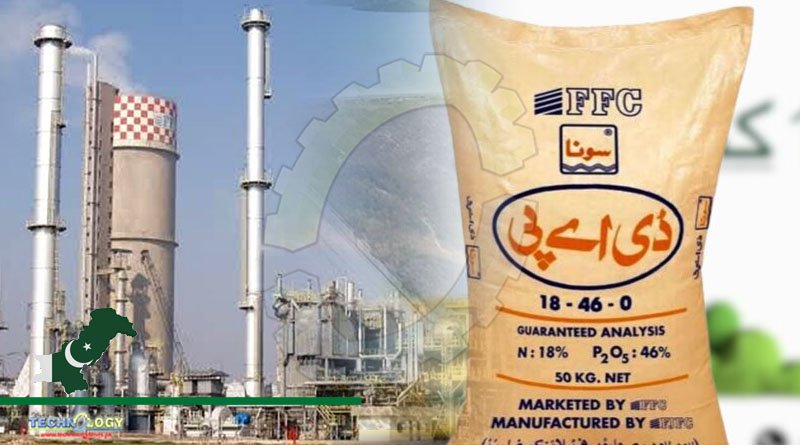The Company informs about its DAP Plant shutting down on December 21, 2022, to more efficiently manage its DAP inventory owing to the demand & supply situation in the market.
Fauji Fertilizer Bin Qasim Limited (FFBL) has announced about its diammonium phosphate (DAP) plant shutdown on December 21, 2022, according to a statement made to the Pakistan Stock Exchange (PSX) on Thursday.
“The Company hereby informs about its DAP Plant shutting down on December 21, 2022, to more efficiently manage its DAP inventory owing to the demand and supply situation in the market. During DAP plant shutdown period, planned annual maintenance activities will be carried out in January 2023 to ensure the plant’s reliability and long-term safety.
Based on the DAP market situation, the startup of the DAP plant will begin after the completion of annual maintenance. Despite the temporary closure, the company intends to meet the country’s projected DAP demand. The urea plant, on the other hand, is operating normally, according to the notification. The length of the DAP plant shutdown has not been announced by FFBL.
In Pakistan, fertiliser consumption has decreased in recent months. According to the most recent National Fertilizer Development Centre (NFDC) report for October 2022, DAP offtake was 71,000 metric tonnes, a significant decrease of 79.1% from the previous year in October 2021. The NFDC attributes this decrease to heavy rains and floods and high DAP fertiliser prices in the domestic market.
According to the same report, the total availability of DAP is expected to be around 1,158 thousand tonnes in Rabi 2022–2023, with 300 thousand tonnes of imported supply, 399 thousand tonnes of domestic production, and 460 thousand tonnes of opening stock.
DAP offtake is estimated to be around 829 thousand tonnes. The situation with DAP appears to be satisfactory, as other phosphate fertilisers such as NP, MAP, SSP, and NPKs will be available in the market to meet phosphate demand.
In recent months, DAP prices have continued to rise, making it more difficult for farmers to purchase and other fertiliser products. DAP prices in October 2022 ranged from Rs. 8934 to Rs. 9,928 per 50 kg bag.
The government announced a Kisan Package last month, which reduced DAP prices to Rs 11,250 per bag from Rs 13,750 per bag. Farmers were expected to benefit from this. The government will cover the Rs. 2,500 decrease in DAP prices as a subsidy. The most recent DAP prices in December range between Rs. 11,450 and Rs. 11,700 per 50 kg bag.
In Pakistan, the vast majority of DAP is imported. In August of this year, the government decided to regulate DAP imports by requiring Trading Corporation of Pakistan (TCP) approval, a move that was criticised by fertiliser manufacturers.
The total market for DAP in Pakistan is approximately 2 million tonnes out of which around two-thirds of the volume is imported to meet the country’s agricultural needs.
DAP is widely recognised as one of the most common sources of phosphorus and is used in conjunction with urea to provide balanced nutrition for crops. A balanced use of fertilisers can increase wheat productivity by 35% and maize productivity by 40%, both of which are major contributors to Pakistan’s economy.
